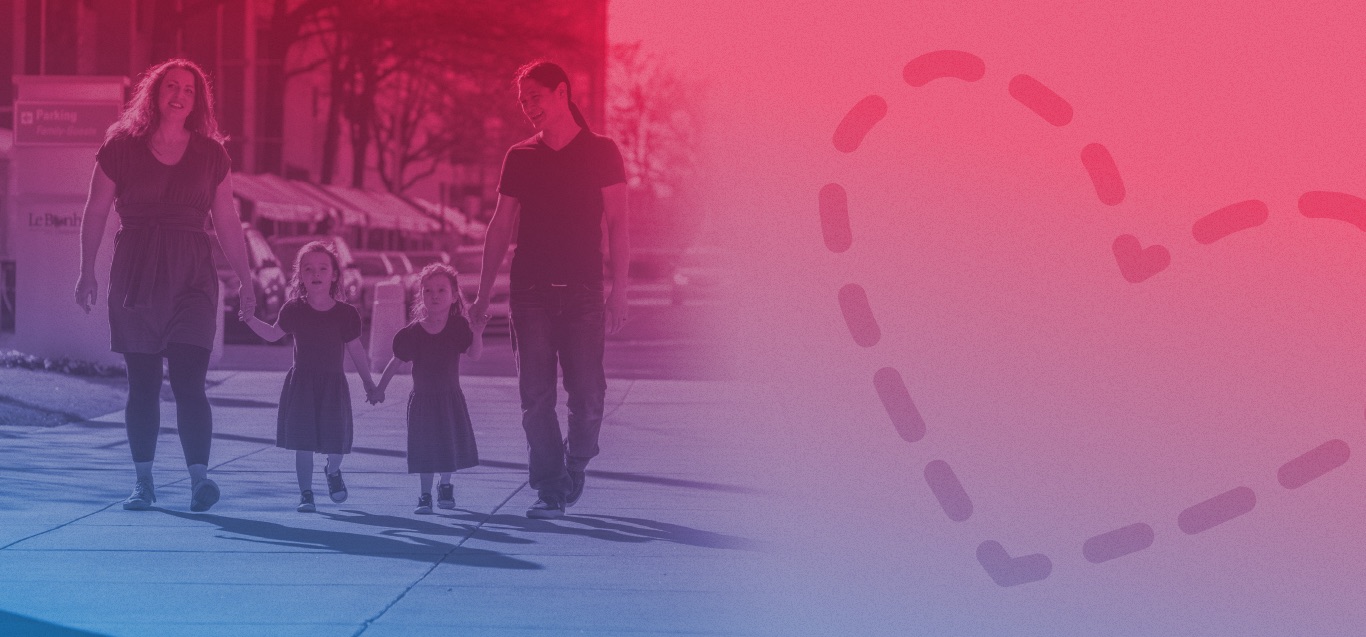
How To: Donating Breastmilk
Posted: January 10, 2012We've talked about the benefits of breastfeeding before, but haven't discussed what mothers can do with their milk if they have extra supply. At Le Bonheur, we have the option of providing donor milk for infants if their own mother's milk is unavailable, and we get that milk from a certified milk bank. So what can you do if you'd like to donate breastmilk? Read what Le Bonheur Lactation Consultant Ruth Munday, BSN, RN-BC, IBCLC, has to say about the topic.
Here at Le Bonheur, we are fortunate to have the option of providing donor human milk for hospitalized infants if their own mother's milk is not available. Because there is no local bank, we use the Mother's Milk Bank of North Texas in Fort Worth. The Human Milk Banking Association of North America (HMBANA) milk banks are non-profit organizations that provide a safe way to offer donated breastmilk for infants.
To be a donor, a mother should be in good health and have a surplus of breastmilk available. Donors go through a health-screening process before their donation is accepted.
Screening criteria includes:
- Blood test to rule out communicable diseases (The milk bank will usually cover the cost of the lab work.)
- No regular use of medications except for progestin-only birth control, thyroxin, insulin, prenatal vitamins, iron or calcium
- Free from smoking, illegal drug use and regular alcohol use
- Tested negative and not at risk for HIV, HTLV, Hepatitis B, Hepatitis C and Syphilis
Once approved, the milk bank will notify the mother and work out a plan for shipping the milk to the milk bank at no cost to the donor. Donated milk is pasteurized to kill bacteria or viruses. It is then frozen for up to one year and is then available with a doctor's prescription for hospital or home use.
Regulated milk banks are the safest way to ensure a baby gets what he or she needs without the fear of milk contamination or communicable disease.
Do not purchase human milk off of eBay or any other website that is not a regulated milk bank. Mother-to-mother sharing of breastmilk that has not been screened and pasteurized is not recommended. Even using milk from a trusted friend can be risky. If you do choose to use one of the Internet milk-sharing sites or "borrow milk" from a another mother, ask if the donating mother would be willing to share a copy of her latest lab work from her doctor's office and discuss this matter with your baby's pediatrician before using unpasteurized human milk that is not your own.



